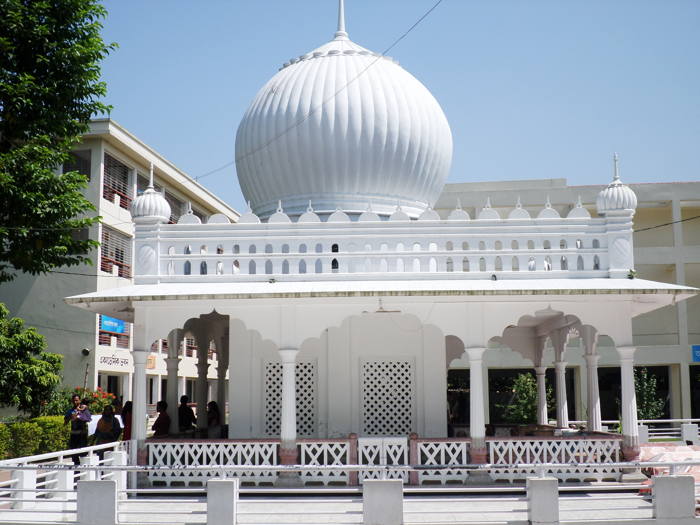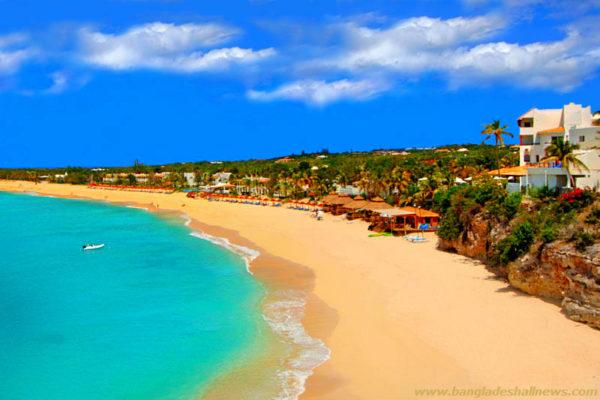Ministry of Home, Government of the People’s Republic of Bangladesh has cleared Security Clearance for Establishing Two New Community Radio Stations in rural Bangladesh.
The Community Radio stations are Community Radio Saikat, from Cox’s Bazer, initiated by The Coastal Association for Social Transformation (COAST) Trust and Community Radio Lalon, from Kushtia, Initiated by Jyoti Development Foundation (JDF).

Now Bangladesh Telecommunication Regulatory Commission (BTRC) will allocate spectrum for two-community radio stations after a spectrum vetting process.
The rural, disadvantaged and marginalized rural people of Cox’s Bazer and Kushtia will have direct access to discuss their own issues through two Community Radio stations.
Having a radio first time at their doorsteps, now the community people will have scope to reflect on their problems, challenges, way-out and prospects in their local dialect in line with reducing voice poverty.
Community Radio Saikat will contribute to promoting sustainable tourism sector in Cox’s Bazar.
Cox’s Bazar pronounced [kɔksbadʒaɾ]) is a city, fishing port, tourism centre and district headquarters in southeastern Bangladesh. The beach in Cox’s Bazar is sandy and has a gentle slope; with an unbroken length of 120 km (75 mi), it is the longest natural sea beach in the world.[2][3][4] It is located 150 km (93 mi) south of the divisional headquarter of Chittagong. Cox’s Bazar is also known by the name Panowa, which translates literally as “yellow flower”. Another old name was “Palongkee”.
The modern Cox’s Bazar derives its name from Captain Hiram Cox, an officer of the British East India Company. Cox was appointed Superintendent of Palongkee outpost after Warren Hastings became Governor of Bengal. He embarked upon the task of rehabilitation and settlement of the Arakanese refugees in the area.[5] Captain Cox died in 1799 before he could finish his work. To commemorate his role in rehabilitation work, a market was established and named Cox’s Bazar after him. Unlike many locations in the Indian Subcontinent where place names dating from the colonial period have been changed, Cox’s name is still retained in the city he founded.
Today, Cox’s Bazar is one of the most visited tourist destinations in Bangladesh, although not a major international tourist destination. In 2013, the Bangladesh Government formed the Tourist Police unit to protect local and foreign tourists better, as well as to look after the nature and wildlife in the tourist spots of Cox’s Bazar. Ref:https://en.wikipedia.org/wiki/Cox%27s_Bazar
Community Radio Lalon will contribute to promoting art and culture of heritage Kushtia district.
Kushtia pronunciation: kuʃʈia) is a district in the Khulna administrative division of western Bangladesh. Kushtia has existed as a separate district since the partition of India.[1] Prior to that, Kushtia was a part of Nadia District under Bengal Province of British India. Kushtia was the ancestral land of many famous people including Rabindranath Tagore, Lalon Fakir, S.I. Tutul etc. Ref: https://en.wikipedia.org/wiki/Kushtia_District
Presently, in Bangladesh 18 community radio stations are on-air and they are broadcasting 160 hours programs per day. A total of nearly 1000 young youth and youth women are involved as broadcasters in those stations. Community radio stations are going to be popular in rural Bangladesh; its approximate audience number is 6.6 million.
Potentials of Community Radio in Bangladesh are Community Radio has created scope for the poor and marginalized community to raise their own voice; it becomes the voice for the voiceless.
This new-media outlet opened scope to establish their rights of Information and communication in a social, political, cultural and environmental arena,
Scope widened for poverty reduction and sustainable development because of the rights to raise the voice of the community and accessibility to knowledge and information,
Scope opened for an exchange of dialogue between local elected representatives, govt. and NGO professionals for the sake of establishing good governance,
Direct linkage established between the community and the main sectors reflected in SDGs and 7th 5-year plan, Scope created for Social debate, inclusion, and preservation of cultural diversity by ensuring the inclusion of the marginalized community and Community Radio is now able to play the more active role in
Disaster Risk Reduction (DRR) and Climate change due to the establishment of an effective linkage between the govt. departments and local/rural community.
Bangladesh NGOs Network for Radio and Communication (BNNRC) actively works to improve recognition of the community electronic media sector [Community Radio | Community TV | Community Film] & its work in and involvement with the communities it seeks to serve.
BNNRC represent the community electronic media sector to Government, Industry, Regulatory Bodies, Media, Academia and Development Partners from 2000. BNNRC is in Special Consultative Status with the Economic and Social Council (ECOSOC) accredited with World Summit on the Information Society (WSIS) of the United Nations and UN WSIS prize winner 2016, Champion 2017 & 2019.
